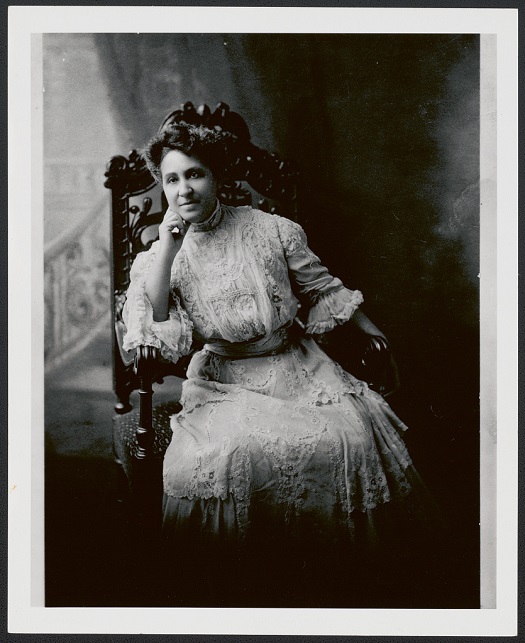It’s kind of odd to think about now, but when I was growing up, I really did not question the role models that were put in front of me. Even so, as a young girl, I always felt that something was missing. Something that would have empowered me. These missing stories were the hidden agenda of the patriarchy. If the history books left out stories of influential women, and if we were lead to believe that their accomplishments were of lesser value or their value was viewed only in the support of more important men, then we would come to believe that their accomplishments were of lesser value. When our exams were filled with the dates of wars and the names of generals, then that is what we thought was important.
The accomplishments of many women have been, and still are, left out of the history books. If they are told at all, there is only a line or two. Additionally, if the women were not what the textbook writers or historians found to be upstanding, if their stories did not fit neatly into society’s idea of what a woman should be or if they weren’t white, then it was as if they never existed.
Last year, when I began to research the suffragists for an art song commission from mezzo-soprano, Anna DeGraff and Gustavus College, I had the opportunity to dig deeper into the history of women’s suffrage. I began with Alice Paul because years ago I had seen the movie, Iron Jawed Angels and I was in awe of her courage. My research led me to discover the surprising ways that the suffragists voices were suppressed, from suppression of the press (following direct instructions from President Wilson), to outright physical violence, force feeding, and confinement in psychological wards. (“Only the Few Brave Souls” will be premiered on November 20, 2021 rescheduled from a year ago! See details below!)
The complete story of the suffragists has been suppressed to this day, often in ways we don’t think of as suppression. For example, I was interested in knowing how many people knew about Alice Paul so I conducted an informal survey, asking everyone I met for a couple of months. I think maybe one person (outside of my daughters) said that they had heard of her. And speaking of Alice Paul, that movie that I thought was so great – pink-washed, so that her character would be more palatable. (More on that later.) Heck, I just realized that even the mother in Mary Poppins is portrayed as silly for leaving the house and her children to protest for votes for women, while the real heroine is the woman who stays home. And all this time, I thought it was just about getting the dad to care.
Adding insult to injury, I do not remember learning about the suffragists who were Black or Indigenous. A goal of my research last year when composing this art song cycle was to dig deeper into their stories and writings. As I did, each discovery aroused even greater excitement about bringing these stories of the suffragists to life through music.
I was blown away by this excerpt by Mary Church Terrell (pictured above). A huge shout out to my collaborator and commissioner, Mezzo-Soprano, Anna DeGraff for finding this!
The founders of this Republic called Heaven and earth to witness that it should be a government of the people, for the people and by the people; and yet the elective franchise is withheld from one-half of the citizens, many of whom are intelligent and cultured, while it is unstintingly bestowed upon the other, some of whom are illiterate debauched and vicious, because the word ‘people’ by an unparalleled exhibition of lexicographical acrobatics has been turned and twisted to mean all who were shrewd and wise enough to have themselves born boys instead of girls, or who took the trouble to be born white instead of black.
Even if it be true that the majority of American women are so ignorant of the full significance of their political disenfranchisement that they are willing to remain in subjection, such ignorance and apathy could not justly be used as an argument against granting full suffrage to the few women who have sufficient intelligence to desire it.
The argument that it is unnatural for women to vote is as old as the rock-ribbed and ancient hills. Nothing could be more unnatural than that a good woman should shirk her duty to the State. In all great reforms it is only the few brave souls who have courage of their convictions and who are willing to fight until victory is wrested from the very jaws of fate.
Printed In the Kansas City Kansas newspaper, the Wyandotte Chief, on February 15, 1900.
What are your thoughts about the representation of women in history?

